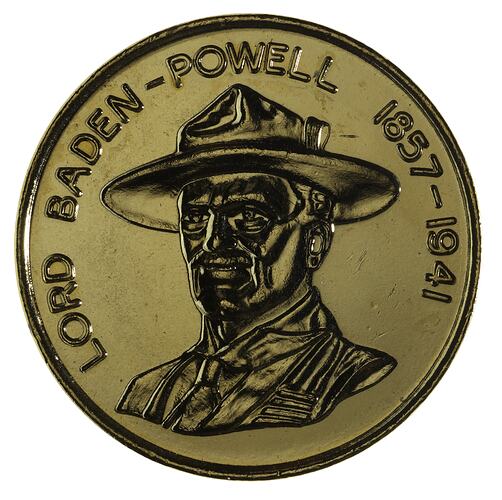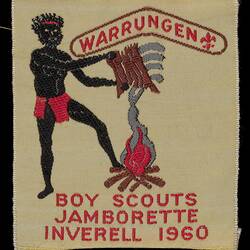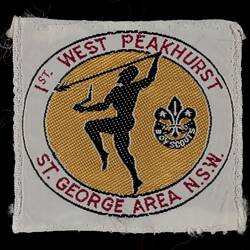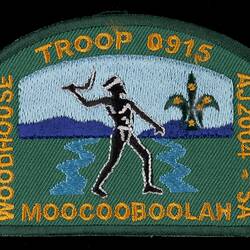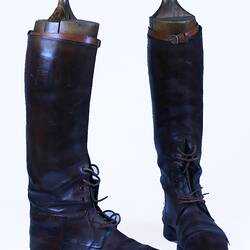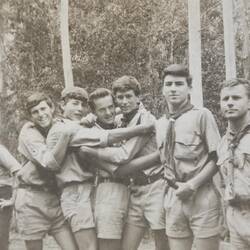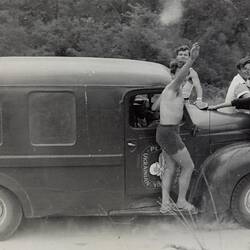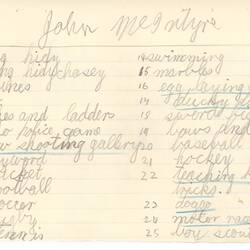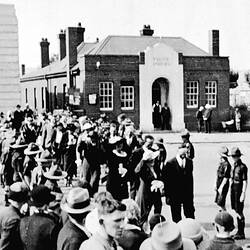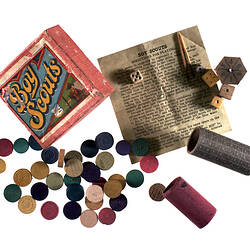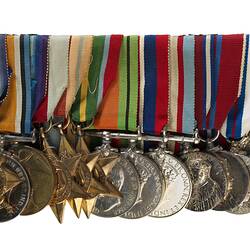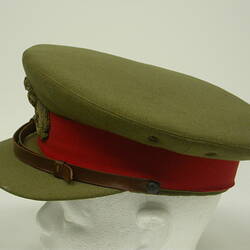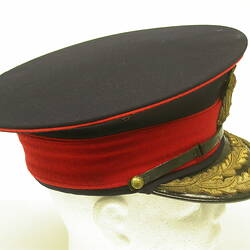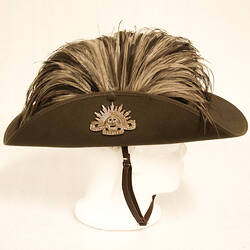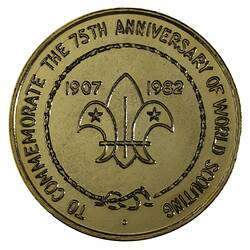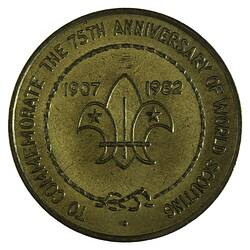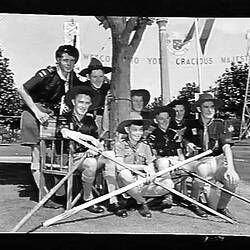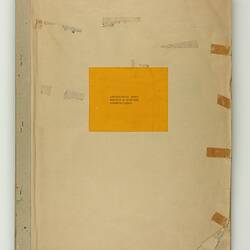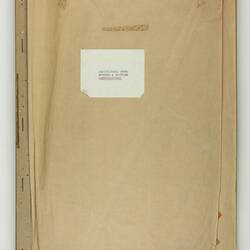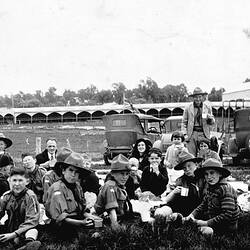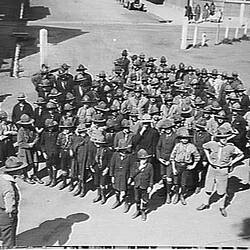Robert Stephenson Smyth Baden-Powell, known as B-P, later Sir Robert Baden-Powell, O.M., G.C.M.G., G.C.V.O., K.C.B. Lord of Gilwell, was born at 6 Stanhope Street, Paddington, London on 22 February 1857. His father was a Professor at Oxford University, who died when B-P was only three years old. His family struggled financially, and B-P received his first education from his mother. He later attended Rose Hill School, Tunbridge Wells, where he gained a scholarship for admittance to Charterhouse School. Whilst he was a pupil at Charterhouse it moved from London to Godalming in Surrey, a factor which had great influence later in his life.
B-P was a keen but mediocre student and was always eager to learn new skills. He played the piano and the violin, acted and explored woodcraft and survival techniques. In the woods around the school he caught and cooked rabbits. During the holidays he and his brothers enjoyed adventures, and one holiday they conducted a yachting expedition round the south coast of England. On another they traced the Thames to its source by canoe. In spite of his academic deficiencies, B-P was commissioned straight into the 13th Hussars after an examination, bypassing the officer training establishments. Later he became their Honorary Colonel.
In 1876, at the age of 19, B-P went to India as an army officer. He specialized in scouting, map-making and reconnaissance, and his success soon led to his training other soldiers for the work. His methods were unorthodox for those days: small units or patrols working together under one leader, with special recognition for those who did well. Trainees were awarded badges that resembled the design of a north compass point. Today's universal Scout badge is very similar. Later B-P was stationed in the Balkans, South Africa and Malta. He returned to Africa to help defend Mafeking during its 217-day siege at the start of the Boer war. It provided crucial tests for his scouting skills, and his deeds made a lasting impression in England. Returning home in 1903, B-P was a national hero. He also found that the small handbook he had written for soldiers, Aids to Scouting, was being used by youth leaders and teachers all over the country to teach observation and woodcraft. B-P re-wrote Aids to Scouting, this time for a younger readership. In 1907 he held an experimental camp on Brownsea Island, Poole, Dorset, to try out his ideas, involving 22 boys from a range of backgrounds. It was an enormous success, and led to his establishment of the Boy Scouts.
Scouting for Boys was published in 1908 in six fortnightly parts, and became the handbook of a new and ultimately world-wide Scouting Movement. It proved very popular, and boys began to form themselves into Scout Patrols to try out ideas. In September 1908 B-P had set up an office to deal with the large number of enquires which were pouring in. In 1909 Girl Guiding was established. Scouting spread quickly throughout the British Empire and to other countries until it was established in practically all parts of the world.
B-P retired from the army in 1910 to focus on the Scout Movement. All his enthusiasm and energy were now directed to the development of Boy Scouting and Girl Guiding, he travelled around the world to encourage the growth of Scouting and provide inspiration. In 1912, at the age of 55, he married Olave Soames, his constant companion and helper in his work. They had three children (Peter, Heather and Betty). Olave Lady Baden-Powell was later known as World Chief Guide.
The first international Scout Jamboree took place in London in 1920. At its closing B-P was acclaimed as Chief Scout of the World. At the third World Jamboree, held in Birkenhead, England, the Prince of Wales announced that B-P would be given a Peerage. B-P took the title of Lord Baden-Powell of Gilwell. Gilwell Park was the international training Centre he had created for Scout leaders.
B-P was interested in acting, fishing, playing polo, big game hunting, sculpting, painting, drawing, and making home movies. He wrote 32 books and received honorary degrees from at least six universities. He received 28 foreign orders and decorations and 19 foreign Scout awards.
In 1938, suffering from ill-health, B-P returned to Africa to live in semi-retirement at Nyeri, Kenya, where he continued to produce books and sketches. On January 8 1941, at 83 years of age, B-P died. Lady Olave Baden-Powell carried on his work, promoting Scouting and Girl Guiding around the world until her death in 1977.
References:
World Scout Resource Centre website http://www.scout.org/wsrc/fs/bp.shtml.
More Information
-
Keywords
-
Localities
-
Authors
-
Article types
